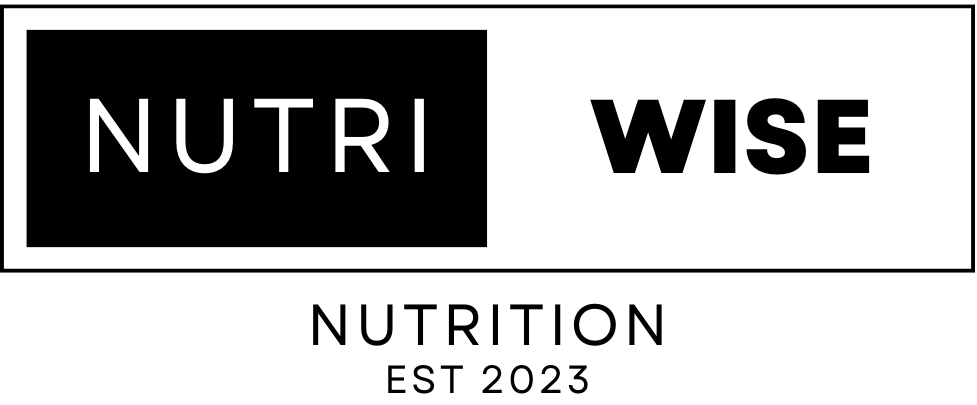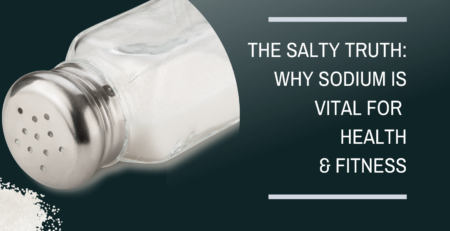The Complete Guide To Micronutrients, Hormones, And Gut Health
Maintaining optimal internal health and wellbeing is crucial for individuals looking to achieve their fitness goals, particularly for athletes and bodybuilders who have higher nutrient demands due to their intense training regimes and low-calorie diets.
Micronutrients play a critical role in supporting the efficient functioning of body systems, and a poor diet can lead to deficiencies in key vitamins and minerals, which can disrupt hormone regulation and compromise gut health.
Whilst there is a lot yet to be discovered about how our gut works, understanding the relationship between micronutrients, hormones, and gut health is essential for anyone looking to optimise their physical performance and overall wellbeing. What is currently known highlights the importance of optimising the health of your gut and the relationship that has on your hormones.
This complete guide to micronutrients, hormones, and gut health will explore the importance of micronutrients in maintaining internal health and wellbeing, as well as the role of hormones and gut health in achieving fitness goals.
Furthermore, we will discuss the significance of choosing high-quality supplements and identifying deficiencies through blood tests.
By providing a comprehensive overview of these topics, you will gain a deeper understanding of the interplay between nutrition, hormones, and gut health, and how you can optimise their physical health and performance.
Internal Health and Wellbeing
Adequate nutrition and micronutrient intake are crucial for maintaining or increasing internal health and wellbeing, especially for athletes and bodybuilders who deplete nutrients quicker due to the stressors of training and low-calorie diets. Micronutrients are essential for efficient functioning of body systems, including ATP and enzyme metabolism, hormonal health, and immune system function.
Understanding the impact of stress on internal health is important for athletes and bodybuilders. Training and low-calorie diets are stressors for the body, depleting vital stores of nutrients. Supplementing with vitamins and minerals is necessary for maintaining or enhancing internal health, particularly for those with intense exercise regimens.
It is important to choose high-quality wholefood sources of nutrients into one’s diet for optimal results. Wholefoods contain the necessary nutrients that your gut bacteria require to survive. Choosing to feed them with quality foods not only fosters an environment within the gut that maintains a balance of bacteria, but also improves your mood, digestion overall and reduces cravings for high calorie, nutrient depleted foods such as take away.
Yes, your gut bacteria develop a taste profile based on the foods you eat. Bacteria can feed off many things, sugar being one of them. If all you consume is sugar, for example, this is the bacteria that will thrive. This bacteria is involved in the signaling that occurs with dopamine and serotonin and provide you with actual positive feedback when you feed them with what they want.
Importance of Micronutrients
Sufficient intake of essential vitamins and minerals is crucial for optimal internal functioning, particularly for athletes and bodybuilders who require additional nutrients to replenish those depleted during training and low-calorie diets. Micronutrients such as magnesium, alpha-lipoic acid, chromium, zinc, and the vitamin B group are crucial for hormone regulation, metabolism, energy production, and thyroid function.
Inadequate intake of these micronutrients can lead to deficiencies, which can negatively impact overall health and impair performance. While wholefoods are the preferred source of micronutrients, athletes and bodybuilders may find it difficult to meet their requirements solely through food. Greens powders can be hit and miss with their ingredients, but looking for high quality ingredient profiles and the addition of gut friendly items such as collagen, fiber and even pre/pro/post-biotics paired with herbs or spices should be high on your shopping list.
Micronutrient supplements may also be helpful in such cases, but it is essential to choose high-quality supplements to ensure optimal results. Blood tests can also help identify deficiencies and guide nutritional intake and show where the most attention should be paid. For example, if you’re low on vitamin D you’re not going to find that in many (if any at all) greens powders.
In summary, ensuring adequate intake of micronutrients is crucial for achieving optimal internal health and wellbeing, particularly for athletes and bodybuilders who require additional nutrients to replenish those depleted during training and low-calorie diets.
Role of Hormones and Gut Health
Maintaining optimal levels of essential vitamins and minerals is essential for the regulation of hormones and gut health, both of which play a critical role in maintaining overall internal wellbeing.
Hormonal balance is necessary for reproductive health, mood, and overall wellbeing. Vitamins and minerals play a role in the creation of sex hormones such as testosterone and estrogen. Hormonal imbalances can lead to difficulties in fat loss and building muscle. Detoxifying excess estrogen through targeted nutritional interventions can help with fat loss and traditional areas that are difficult to get lean. These are difficult areas because they have minimal blood flow to them and are targets for estrogen to bind to fat cells.
Cortisol, a hormone released in response to stress, can affect weight loss and muscle gain. Fish oil and vitamin C can reduce cortisol levels as well as a range of other herbal ingredients, reducing caffeine intake and getting adequate sleep.
Gut health is also important for overall health, energy levels, and mood. Seventy percent of the immune system is housed in the gut, and serotonin, responsible for mood and other functions, is created in the gut. Digestive enzymes can aid in gut health and nutrient absorption. Lactase can help digest lactose for those who are lactose intolerant.
Adequate levels of vitamins and minerals, such as calcium, are necessary for muscle movement and nerve messages. Ensuring adequate intake of these micronutrients can have a positive impact on hormonal regulation and gut health, contributing to overall internal wellbeing.











